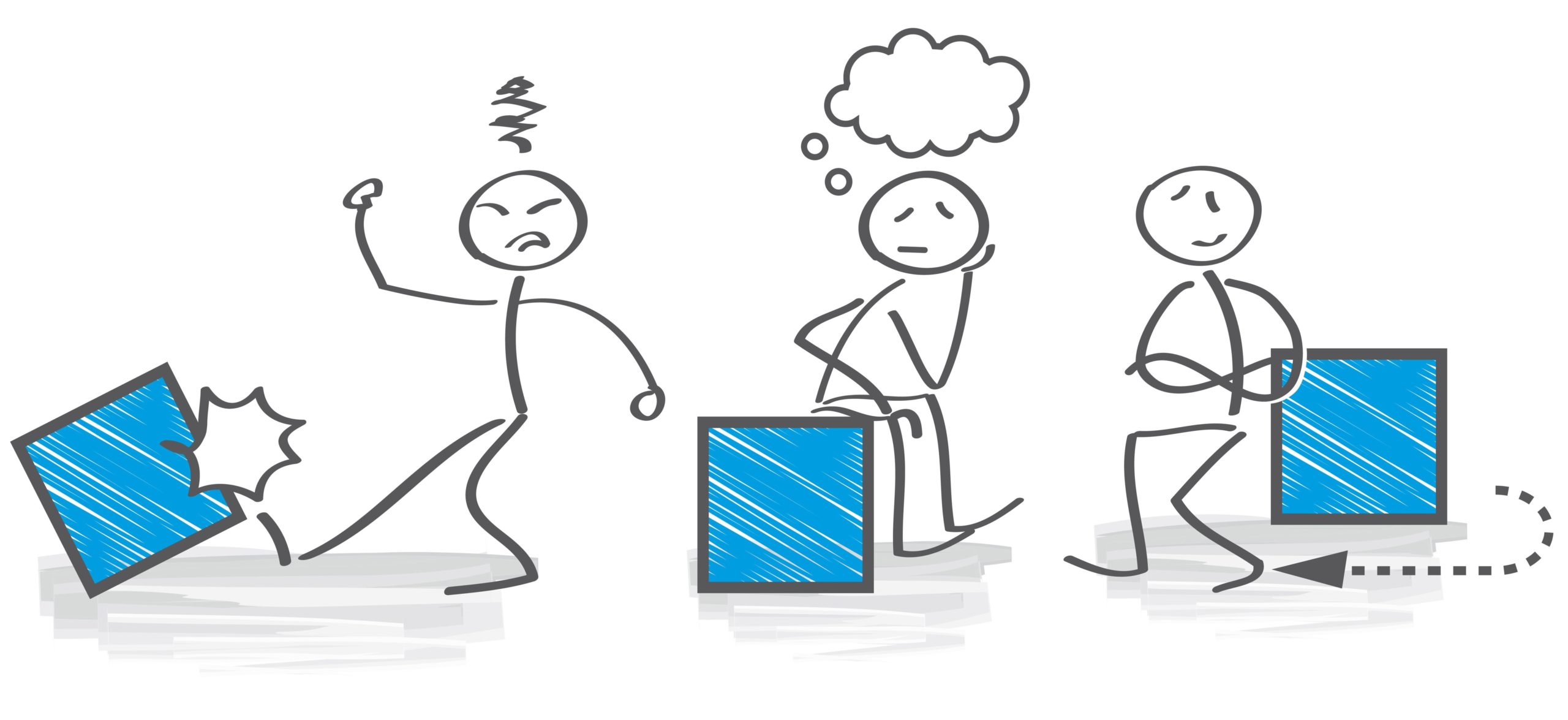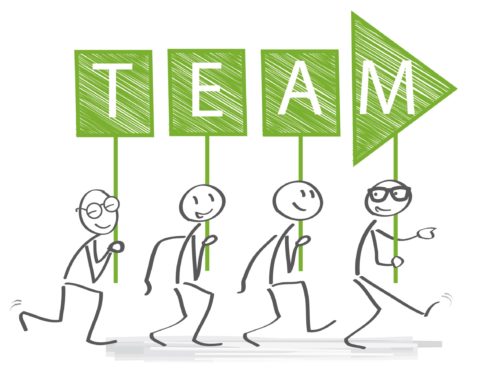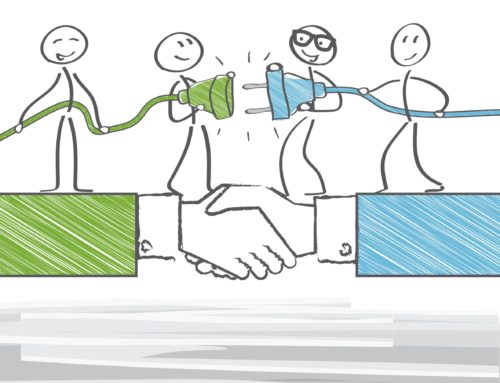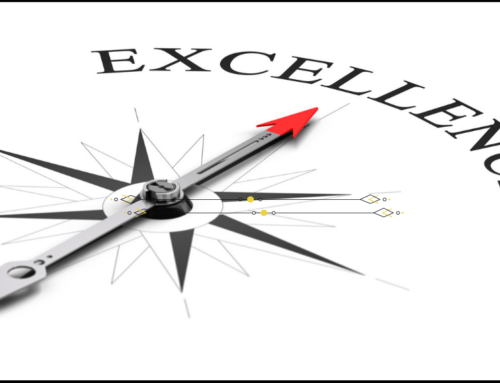Lessons from the Connecticut Foodshare Merger
Last month, we explored the factors and timing nonprofits should consider when thinking about a potential merger. If the timing and conditions are right for the organizations (like it was for CT Food Bank and FoodShare) to explore a merger or possible alliance, here’s the process The Strategy Group (TSG) prescribes for the optimal outcome for all:
- Organizational Scan: TSG talks with key stakeholders who have a vested interest in both organizations. Stakeholders may include all board members, staff leadership, top donors, and community partners. The goal is to advise them of the merger conversations and to gauge their input on (1) what makes the organization a strong merger partner, (2) what the organization may gain or risk with a merger, and (3) what are the organizational expectations from a merger.
- Exploration: Starts with the establishment of a merger committee with staff and board representatives from both organizations. The merger committee investigates merger options and identifies the merger type that best fits the needs of both organizations. The last step is developing a letter of intent for board discussion and approval.
- Negotiation: This phase begins with comprehensive due diligence. Sub-committees are responsible for reviewing issues related to the following:
- Financial
- Fundraising
- Governance
- Human Resources
- Legal/Regulatory/Insurance
- Partner Agency Network/Non-Food Programs
- Operations/Food Distribution
In the negotiation phase, the merger committee drafts a joint operating plan, which when used correctly will be an adaptive road map for organizational development. The last step in the negotiation phase is to create a partnership agreement for board approval.
The Connecticut Foodshare merger was born in COVID, and negotiations were all done via Zoom. Getting people from all parts of the state together was tough, but attendance at the standing Wednesday morning meetings was outstanding as well as the numerous due diligence committee meetings held over the nine-month period. The pandemic and Zoom calls actually may have facilitated an easier merger process, saving miles of travel time for representatives of both companies.
There is both a science and an art to mergers. The conversations can be hard and sensitive. “It’s really a lot like dating,” Connecticut Foodshare President and CEO Jason Jakubowski said. “At first, there is a mutual attraction and after a while it starts to get serious. And until the board votes actually occurred, there were times I wasn’t sure it was going to be a done deal.” It all came back to the mantra of greater impact with sustained efficiencies.
Some key learnings and important takeaways:
- Mergers take a lot of time and there are no short cuts.
- There will be make or break moments.
- Be prepared to ask hard questions.
- Sometimes you will need to walk through the pain.
- Honesty is key.
“There are a lot of people who spent a lot of time making this merger possible, but I can say with complete confidence that it simply would not have happened without The Strategy Group. They didn’t arbitrate or referee; instead, they facilitated a collaborative process that ultimately resulted in one of the most high-profile non-profit mergers in Connecticut history,” said Jakubowski. Being a partner in the success of the Connecticut Foodshare merger has given TSG the unique opportunity to share with other nonprofits key insights and experience about nonprofit mergers.
Once the merger has been approved, the real work begins! But that’s next month’s blog – Part 3 in our three-part series on the Connecticut Foodshare merger. Stay tuned!
If your organization is considering a nonprofit merger, we’d love to discuss the possibilities with you. Please reach out and set up a discovery call now.








